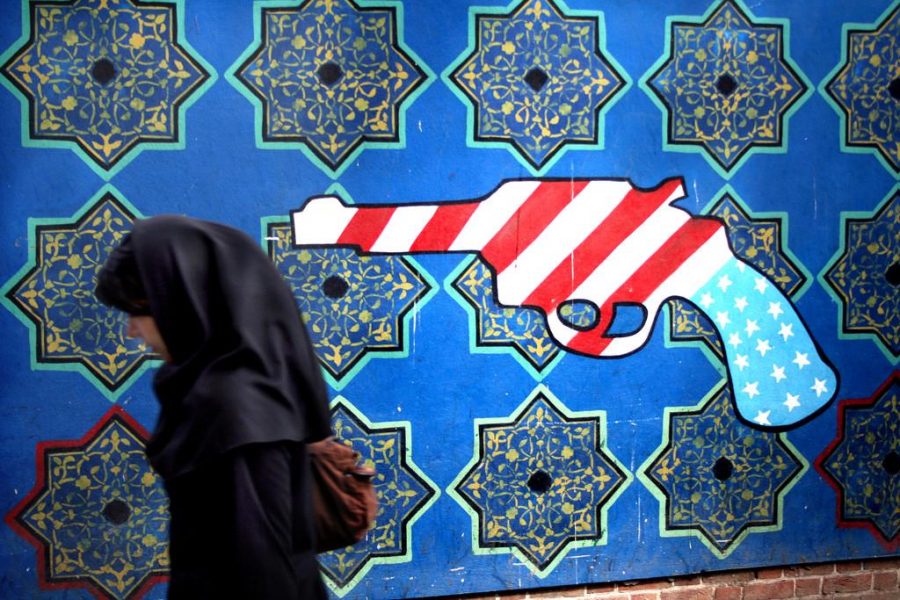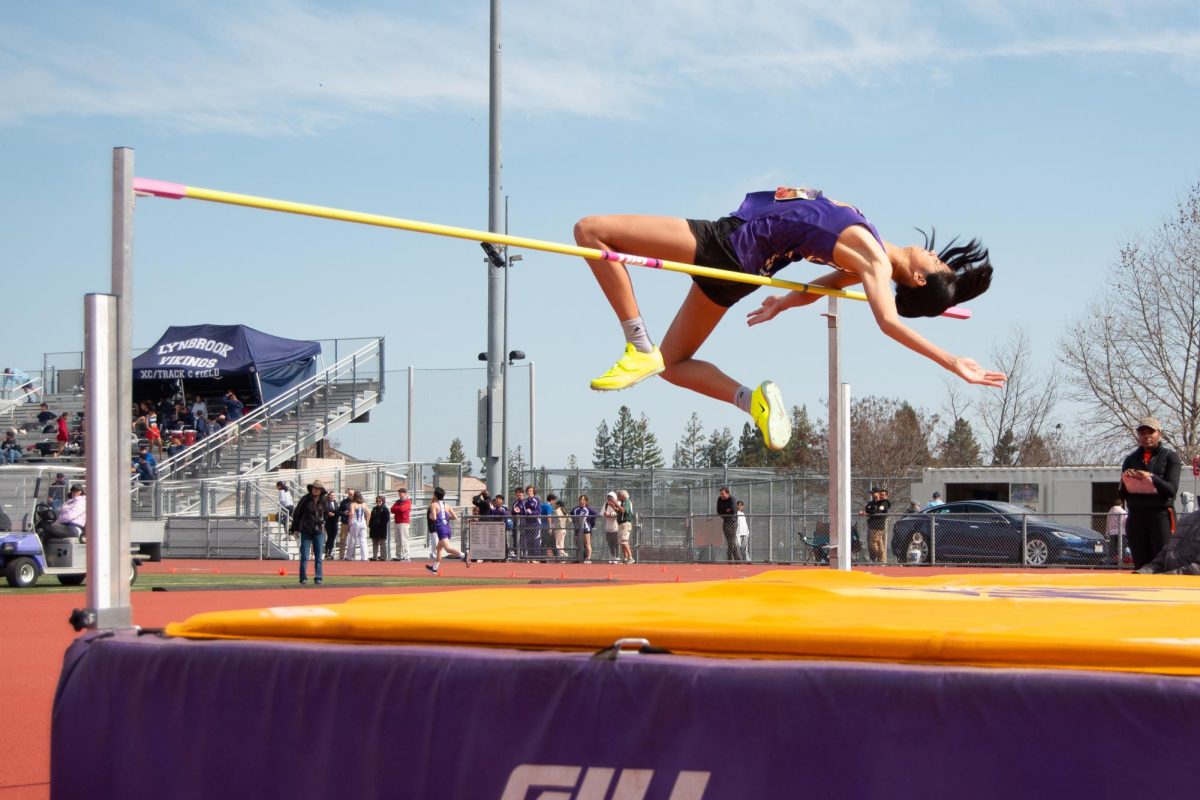Junior Razi Mahmood was one and a half years old when the infamous attacks on Sept. 11, 2001 occurred. All he knows of the immediate aftermath of 9/11 is from the stories he hears, and one in particular still stands out to him:
Mahmood’s two older sisters were walking back from school. They were wearing hijabs — as they always do — when a man in a car driving by screamed “Osama” at them.
The attacks of 9/11 carried out by the Islamic terrorist group, al-Qaeda, have distorted the image of Muslims, according to members of the MVHS Muslim Student Association. Fifteen years after this tragedy, the perception and treatment of Muslim Americans are widely disputed from politicians down to everyday Americans citizens.
Many Muslim American students feel that the same bigotry that occurred after 9-11 is returning as ISIS now takes the forefront in the news.
“It is more painful for us [Muslims] to see people act in the name of our religion in a way that is totally against our religion,” senior and MSA treasurer Neelufar Raja said. “Organizations like ISIS are using the name of religion to do their killings, but that is not actually what the religion symbolizes or believes in.”

MSA President and senior Salma Sheriff believes many Americans assumed Islam to be the cause of terrorism, but she points to corrupt governments and financial devastations as a more probable cause. The paranoia of Islam, she suggested, could be credited to the media.
“I might be biased because I am a Muslim, but I feel that the media focuses a lot on ‘a Muslim did this’ rather than ‘this crazy person did this’,” Sheriff said. “The media for terrorist attacks, not committed by Muslims, doesn’t focus on their religion but when it is a Muslim terrorist, they focus on Islam.”
After 9/11, Sheriff said bigotry towards Muslims grew. And to this day, Sheriff fears that intolerance.
“It wasn’t until I started going online that I grew scared of Islamophobic people,” Sheriff said. “I am scared that people will be scared of me for no other reason but my religion.”
Earlier this month, tensions grew as the date for Eid al-Adha, a Muslim holiday, could have taken place on Sept. 11 this year. Islamic astronomers determine the date of Eid al-Adha through moon sightings and eventually set the date to Monday, Sept. 12.
“There would definitely be a lot of public backlash if Eid landed on 9/11,” senior Salma Sheriff said. “Eid is a very special Muslim holiday, so a lot of people would throw parties and celebrate, meanwhile, a ton of people would be mourning. That’s never a good combination.”
Eid al-Adha marks the end of the Islamic Pilgrimage, Hajj, which occurs in Mecca once a year. Listen to Salma Sheriff’s explanation of the Muslim holiday, Eid al-Adha.
When Raja was in 3rd grade, around December, her class started to make crafts for the holidays. While most of her classmates made Christmas themed crafts, Raja, as the only Muslim in the class, decided to make crafts that reflect her religion drawing inspiration from the Muslim holiday, Eid.
Once she was done, a boy came up to Raja and said, “Christmas is always going to be better than Eid.”
“He thought of Islam as an inferior religion,” Raja said. “It bothered me because I felt like he didn’t really understand my religion in that moment. He assumed that the mainstream religion in our country was the one that all people follow when it’s not — we should be embracing our differences.”
While Raja sees flaws in Islam, she said that all religions are “imperfect” in part. However, to her, people shape their beliefs of Islam on misconceptions like “Islam oppresses women” when Islam was, she said, one of the first religions that allowed women to divorce their husband.
“Giving women that freedom during that time period, it was a big deal,” Raja said. “Yes, today, our society has become so progressive that any of these religions are going to seem a bit conservative or backward, but we have to remember that these religions were set in a different time period.”
But, when Raja reads articles about presidential nominee Donald Trump and the Syrian refugee crisis, she is overwhelmed by the anti-Muslim comments.
“Even though we do pride ourselves on our freedoms,” Raja said, “we do have to step back, and really think about the consequences for what we say.”
For Mahmood’s sisters, it only took one person to scream “Osama” to make them worried. They both returned home disheartened, but they were able to find solace in their Muslim community at home.
“My sisters learned to deal with racism at their school by sticking to their religion,” Mahmood said. “I hope that 15 years after 9/11, Americans [have] had time to develop and evolve their thoughts on Muslims and realize that they are not all bad. Not all Muslims are terrorists. [And] if you constantly reject us Muslims who are trying to live in peace, that could inadvertently provoke other Muslims and quite possibly encourage them to join these groups.”














